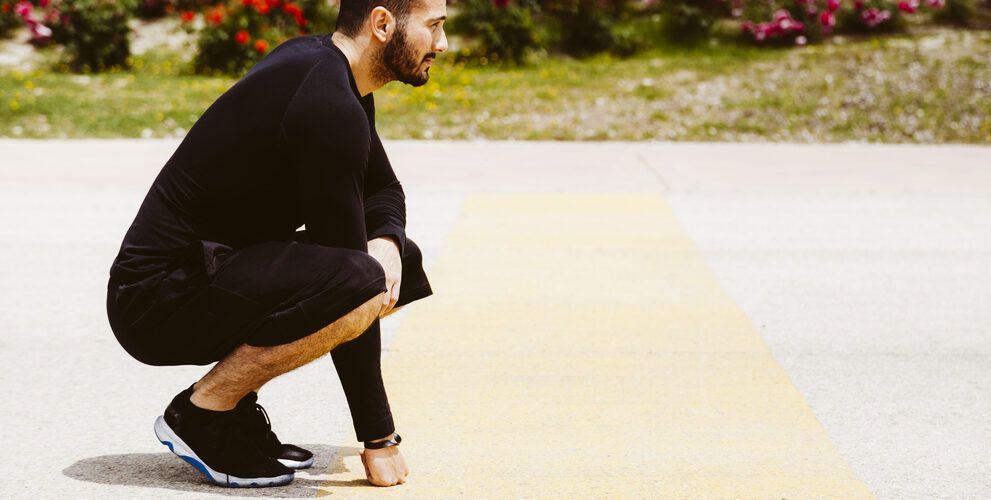Fact Check: Is sitting down to pee better for men?
Sitting may help men with prostate or bladder issues pee more completely, studies show
Author
Author
- admin / 7 months

- 0
- 3 min read

Author
CLAIM: Urinating in a squatting position benefits men’s health, and standing urination contributes to various health issues, including urinary tract infections (UTIs), bladder stones, prostate enlargement, prostate cancer, and kidney problems.
FACT: Insufficient scientific evidence. Sitting can promote more complete bladder emptying, lessen pelvic floor strain, and enhance hygiene. But the decision to stand or sit should be based on individual comfort, health needs, and personal preferences. Besides, the idea that standing urination directly causes UTIs, bladder stones, prostate enlargement, prostate cancer, or kidney problems is not supported by strong scientific evidence.
First Check received a video via our tipline featuring a woman claiming that men who urinate while standing make a critical health mistake. She asserts that standing urination contributes to various health issues, including urinary tract infections (UTIs), bladder stones, prostate enlargement, prostate cancer and kidney problems.
The video references unspecified studies from the 1990s to 2010, suggesting that squatting during urination allows the bladder to empty more effectively, reduces urinary retention, and prevents related health issues. It further claims that squatting aligns with Ayurvedic teachings and ensures the proper shape for passing urine or stool, benefiting overall health.
What’s the fact?
While there is no conclusive evidence to support that sitting down to urinate is better or more beneficial than standing, research suggests that sitting to urinate can benefit men, particularly those with lower urinary tract symptoms (LUTS) or conditions like benign prostatic hyperplasia (BPH).
The BPH, also called enlarged prostate, is a very common, non-cancerous growth of the prostate gland in men as they age.
A 2014 meta-analysis found that sitting while urinating results in a “more favorable urodynamic profile,” including stronger urine flow, less time to urinate, and reduced post-void residual (PVR) urine in the bladder.
This suggests that sitting, or by extension, squatting, may allow for better bladder emptying compared to standing, especially for men with BPH or other urinary flow issues.
Sitting relaxes the pelvic floor muscles, allowing the bladder to empty more completely. This aligns with the video’s claim that squatting improves bladder emptying. However, the evidence primarily applies to men with existing urinary conditions, not healthy men.
Urinating while standing is typical for most men, but sitting may provide benefits, particularly for those with prostate, bladder, or pelvic floor concerns. Sitting can promote more complete bladder emptying, lessen pelvic floor strain, and enhance hygiene. But the decision to stand or sit should be based on individual comfort, health needs, and personal preferences.
Besides, the idea that standing urination directly causes UTIs, bladder stones, prostate enlargement, prostate cancer, or kidney problems is not supported by strong scientific evidence. These conditions are more closely tied to other risk factors like hygiene, genetics, or underlying health issues.
Also read: Fact-Check: Can men’s poor peeing hygiene lead to UTIs in women?
(Do you have a health-related claim that you would like us to fact-check? Send it to us, and we will fact-check it for you! You can send it on WhatsApp at +91-9311223141, mail us at hello@firstcheck.in, or click here to submit it online)










